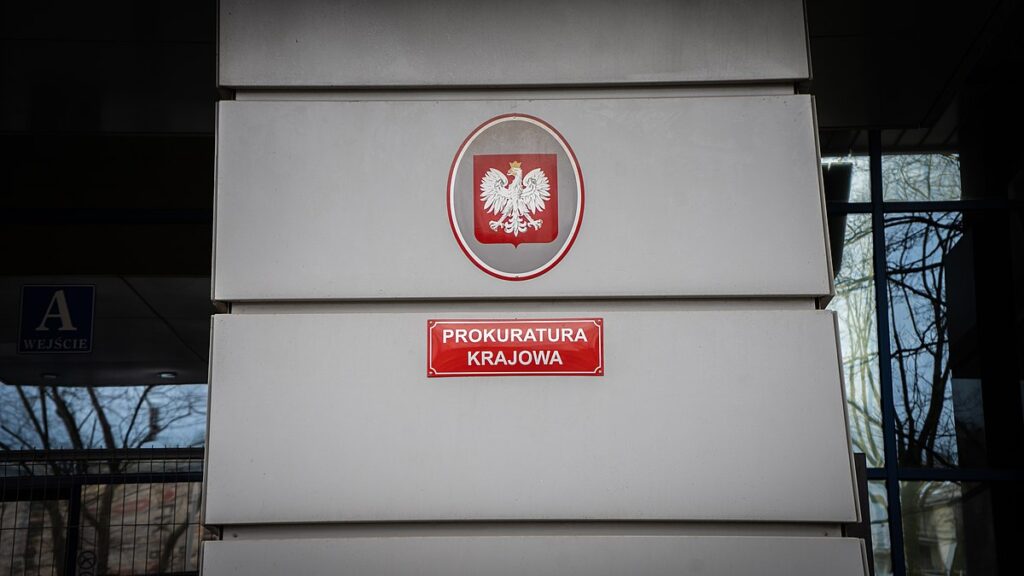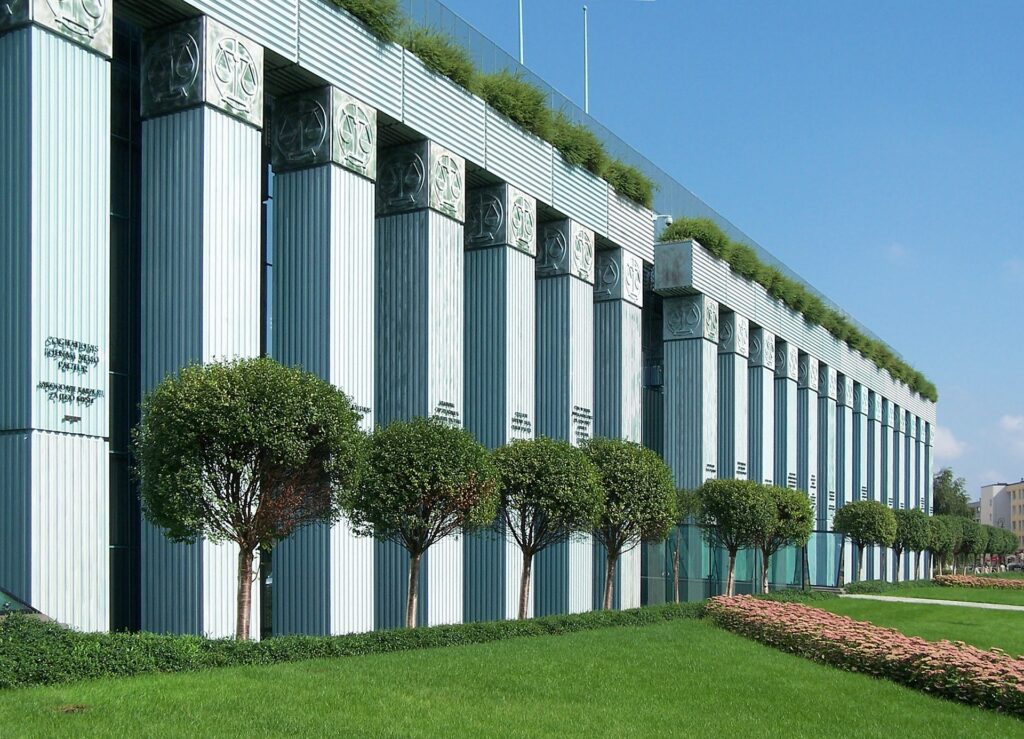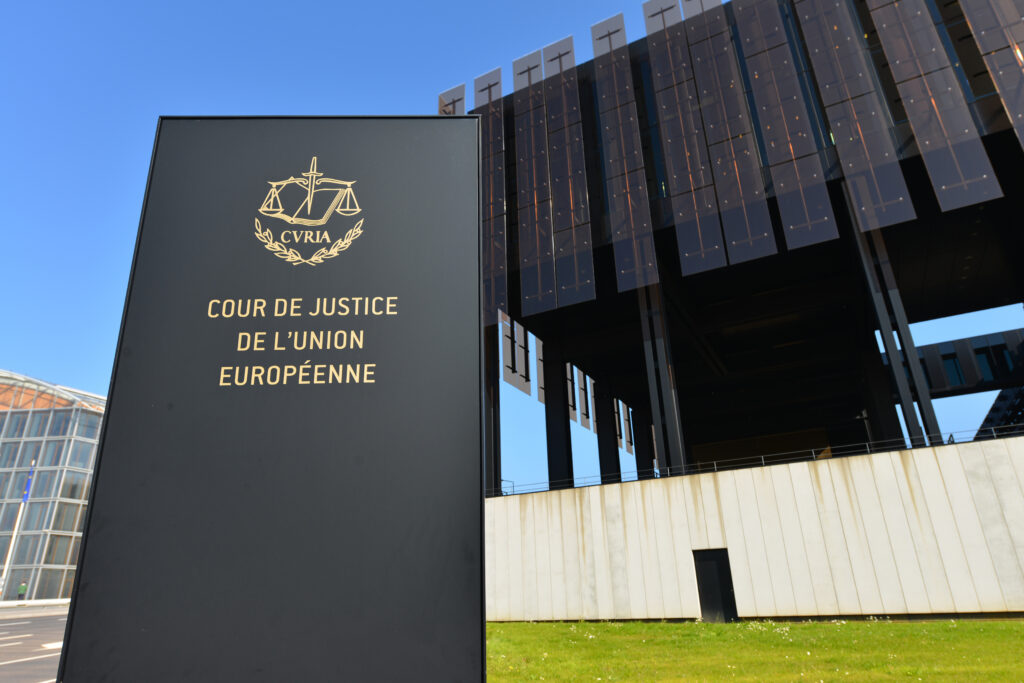- As part of the investigation into the election protests, Minister of Justice Adam Bodnar demanded a recount of votes in 1,472 electoral commissions.
- After obtaining two expert opinions, the Prosecutor General changed his mind and ordered the prosecutor’s office to inspect the votes cast in 296 commissions.
- Although the above expert opinions indicated that any errors in the results in individual commissions did not affect the outcome of the elections, at the end of last week, Minister Bodnar informed the Speaker of the Sejm, in connection with the convening of the National Assembly for the swearing-in of the newly elected President of the Republic of Poland, about the ongoing activities of the prosecutor’s office.
- Meanwhile, today it turned out that in the vast majority of the commissions examined, there were no irregularities, and where they did occur, the errors were more or less equally distributed to the detriment of both candidates.
Some time ago, we commented on the demand raised by some supporters of the current ruling camp, led by MP Roman Giertych, for a recount of votes in all electoral commissions. We pointed out that this is not possible under Polish law.
Minister Bodnar’s changing position on the recount of votes in the commissions
The Minister of Justice, Adam Bodnar, did not directly support this demand at the time. In a letter dated 25 June, in which he participated in the proceedings concerning the examination of election protests lodged by Krzysztof Kontka and Joanna Staniszkis, he took a position in which he supported the protest and demanded an inspection of the ballot papers in 1,472 polling stations where irregularities allegedly occurred to the detriment of Rafał Trzaskowski. Shortly thereafter, however, the Prosecutor General changed his mind, possibly as a result of experts pointing out errors in Dr Kontka’s analysis, which not only failed to take into account anomalies to the detriment of Karol Nawrocki, but also significantly overestimated the scale of the anomalies in the other direction.
Even before the Supreme Court issued its ruling on the validity of the elections, Minister Bodnar announced that the prosecutor’s office would appoint a ‘special team of investigators’ to verify the results in 296 commissions. This number, significantly lower than in Dr Kontka’s analysis, was taken from two expert opinions commissioned by the Prosecutor General and published on the website of the National Prosecutor’s Office. It is worth noting here that both expert opinions indicated that the possible anomalies certainly did not affect the outcome of the elections and, in the most extreme case, could have affected several thousand votes, while according to the official results announced by the National Electoral Commission, the difference was almost 400,000 votes. In light of this information, on 30 June 2025, i.e. on the day before the Supreme Court adopted its resolution on the validity of the elections, the Prosecutor General presented his position, in which he requested that the elections be declared valid.
Despite the above, about a week after the Supreme Court confirmed the validity of Karol Nawrocki’s election as President of the Republic of Poland, Minister Bodnar announced once again that the results of the votes in some commissions would be investigated by the public prosecutor’s office. Of course, such an investigation could no longer have any impact on the outcome of the elections, as it was conducted outside the provisions of the Electoral Code and the procedure for examining electoral protests specified therein. The actions of the public prosecutor’s office could only serve to determine whether a crime against the elections had been committed, in particular the crime specified in Article 248 of the Criminal Code:
Whoever, in connection with elections to the Sejm, the Senate, the election of the President of the Republic of Poland, elections to the European Parliament, elections to local government bodies or a referendum:
1) draws up a list of candidates or voters, omitting those who are entitled to vote or including those who are not entitled to vote,
2) uses deception to falsify the list of candidates or voters, protocols or other election or referendum documents,
3) destroys, damages, conceals, alters or forges protocols or other election or referendum documents,
4) commits abuse or allows abuse in the acceptance or counting of votes,
5) transfers an unused ballot paper to another person before the end of voting or obtains an unused ballot paper from another person for use in voting,
6) commits abuse in drawing up lists of signatures of citizens nominating candidates in elections or initiating a referendum
– shall be subject to imprisonment for up to 3 years.
Letter from the Prosecutor General to the Marshal of the Sejm
However, Minister Bodnar continued to take actions that raised serious doubts as to whether he actually recognised the election results and whether he would try to prevent Karol Nawrocki from taking office as President. In particular, at the end of last week, as we have already reported, Minister Bodnar sent a letter to Marshal Szymon Hołownia in which, without saying so explicitly (presumably for fear of legal consequences), he again unambiguously suggested that the Marshal should not convene the National Assembly.
In this letter, apart from the usual questioning of the status of the Extraordinary Review and Public Affairs Chamber in the light of the Constitution of the Republic of Poland and European Union law (even though, as we have already repeatedly pointed out, neither European law nor, even less so, the Constitution allow for the conclusion that this chamber is ‘not a court’), the Prosecutor General pointed to a number of alleged abuses committed by the Supreme Court during the examination of election protests and, consequently, also when adopting a resolution on the validity of the elections.
However, the First President of the Supreme Court responded yesterday (21 July 2025) in detail to all the allegations made by the Prosecutor General, demonstrating their groundlessness. First, she recalled that:
It is untrue to insinuate, as the Prosecutor General has done, that the adoption of a resolution on the validity of the election of the President of the Republic of Poland by the Extraordinary Review and Public Affairs Chamber of the Supreme Court constituted any irregularity. Pursuant to Article 129(2) of the Constitution of the Republic of Poland and Article 324 § 2 of the Code of Administrative Procedure and Article 26 § 1(2) of the Act of 8 December 2017 on the Supreme Court, applied pursuant to Article 127(7) of the Constitution, the Supreme Court, sitting as the entire Extraordinary Review and Public Affairs Chamber, has exclusive jurisdiction to determine the validity of the election of the President of the Republic of Poland. The constitutionality of the above-mentioned statutory provisions has never been questioned, therefore the claim of the Prosecutor General that it is not the Supreme Court is counterfactual and devoid of any legal basis.
There are also no grounds for assessing this competence of the Supreme Court in the light of international law. The Constitutional Tribunal, in a number of fundamental rulings handed down in full composition (K 18/04, K 32/09, K 3/21), has repeatedly indicated that the provisions of Article 90(1) and Article 91(3) of the Polish Constitution cannot constitute a basis for transferring competence to regulate the structure and rules of elections of state authorities or the organisation of the administration of justice. For this reason, they cannot be regulated by European Union law. Furthermore, Article 4(2) TEU obliges the European Union to respect the national identities of the Member States, including their fundamental constitutional structures.
Furthermore, proceedings to determine the validity of the election of the President of the Republic of Poland concern only state authorities and do not determine individual private rights, and are therefore not subject to assessment under Article 6 of the European Convention on Human Rights, which refers only to civil and criminal matters, and not to political matters arising from electoral law. This has been confirmed by numerous ECtHR judgments (including Pierre-Bloch, Briķe, Ždanoka, Karimov, Barski and Święczkowski) and by the decision of 12 November 2020 (application no. 42044/2020), in which the ECtHR explicitly stated that the ruling of the Extraordinary Review and Public Affairs Chamber of the Supreme Court on the validity of the election of the President of the Republic of Poland is not subject to review under Article 6 of the ECHR.
In light of the above, the Prosecutor General’s reliance solely on statements made by a group of judges who made subjective assessments that are not supported by legal reality and differ from the established case law of the Constitutional Tribunal or the ECtHR is irrelevant, as these statements do not belong to the catalogue of sources of law within the meaning of Article 87 of the Polish Constitution, which should be obvious to everyone, especially lawyers.
As contradictory and unfounded, the First President described the Prosecutor General’s assertion that the Supreme Court ‘adopted a resolution when not all election protests had been examined,’ pointing out that all protests submitted had been examined. It was emphasised, in accordance with what we have already reported, that in the case of protests that clearly do not meet the requirements referred to in Article 321 of the Electoral Code, the Supreme Court may, in accordance with Article 322 of the Code, leave the protest without further action, without waiting for the position of the Prosecutor General:
[…] if the Supreme Court (in the composition appointed to examine the protest) finds that there is a structural defect in the election protest […], it is inevitable that such a protest will be dismissed without further proceedings, regardless of the position taken by the Prosecutor General. Waiting for his opinion in such a case would result in an unjustified prolongation of the period for examining election protests and could jeopardise the stability of the validation process.
The actual scale of the irregularities detected
Returning to the letter from the Prosecutor General, as we indicated above, it ended with rather vague suggestions addressed to the Marshal of the Sejm, preceded, however, by the information that:
Currently, 17 investigations are being conducted, in which prosecutors are carrying out procedural activities in the form of examining ballot papers and voting protocols in a total of 249 polling stations.
From the context, it can be inferred that the information about these proceedings was intended to convince the Speaker of the Sejm that the election result was still not entirely certain and that, therefore, the National Assembly should not accept the oath of office from Karol Nawrocki. However, the very next day after the letter was published (18 July 2025), Minister Bodnar unexpectedly changed his position again. Namely, in a press interview, although he described the fact that Szymon Hołownia had convened the National Assembly as a problem, he also stated that:
[The swearing-in of Karol Nawrocki as president by the National Assembly] in the legal sense has been convened, announced, announced, and everything indicates that it will take place, and I think that there is not much more I can do in this matter at this point.
The minister also admitted that the anomalies in the results of individual electoral commissions investigated by the prosecutor’s office should not affect the final result of the elections on a national scale.
However, this assumption was almost completely confirmed today (22 July 2025) by a statement by Dariusz Korneluk, considered by Minister Bodnar to be the National Prosecutor, who admitted that with regard to 222 commissions (out of, let us recall, 296 selected by the prosecutor’s office), in which inspections have already been carried out:
In 151 commissions, the reported irregularities were not confirmed, and in 71 they were confirmed. Those confirmed mainly consisted of assigning votes from one candidate to another and discrepancies between the commission’s protocols and the actual findings.
He emphasised that the irregularities detected were distributed more or less equally between the two candidates. He also announced that:
By the end of the week, a comprehensive report on the recount should be published on the website of the National Prosecutor’s Office.
Summary
On the same day that Minister Bodnar gave the above-mentioned interview, Monitor Polski finally published, after a record delay on the part of the government, Decision of the Marshal of the Sejm of the Republic of Poland of 7 July 2025 on convening the National Assembly for the swearing-in of the newly elected President of the Republic of Poland. Everything therefore indicates that in two weeks (on 6 August 2025), Karol Nawrocki will be sworn in as President of Poland.
Once again, the question must be asked: what was the purpose of the actions taken in recent weeks by representatives of the current ruling camp, led by Minister Bodnar, which contributed to a significant decline in public confidence in democratic processes, the institutions that safeguard them, and the entire legal system of the Republic of Poland?
Image source: Wikipedia.



